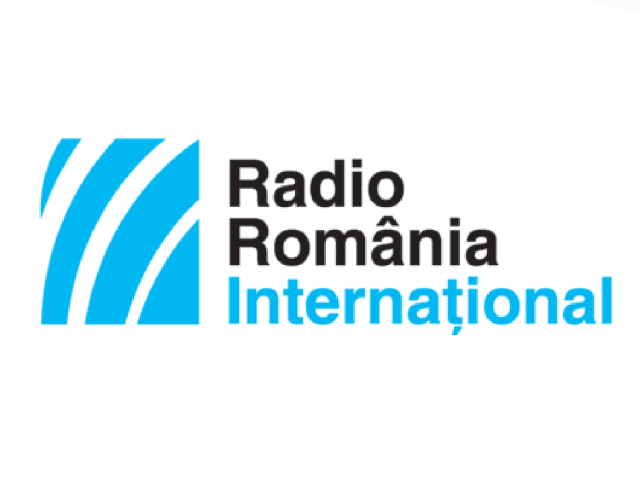A Cleaner, Friendlier City
A crowded city like Bucharest poses many problems in times of pandemic

Christine Leșcu, 03.06.2020, 14:00
We are asking ourselves how we will be living with the novel coronavirus and how our relationship with the environment will change in order to avoid spreading the infection. These are stringent issues, especially in extremely crowded cities like Bucharest, affected by many structural problems. For instance, public transportation vehicles before the pandemic were extremely crowded, facilitating the spread of any pathogen. Also, pollution was rising in the last few years, causing the European Union Court of Justice to sanction Romania for not meeting air quality standards in Bucharest. Once the COVID-19 issue emerged, another fact emerged: the poor quality of the air and the poor living standards increase the vulnerability of the body to any pathogen. Therefore, in order to better fight off maladies in the future, we should change the way we live together. The good news is that many NGOs have mobilized in order to come up with solutions to make city life more livable, and less dangerous to our health. Some proposals come from the BAZA civic initiative, made up of architects and urban planners. The manifest of the BAZA organization is called The City, a Common Space. A Set of Post-COVID Rules. It is intended as a pretext for a future dialog between the local administration and citizens, according to architect Maria Duda:
The street, as a common space, should be able to transform, to adapt, and to include or take on more functions than it had before as public space. We have included the recommendation to open gardens to public institutions, in order to be used as makeshift parks, to take out fences, to open schoolyards so that athletic spaces can be used by the entire community. We also recommended expanding the curb in order to make streets more pedestrian friendly. A second set of recommendations refers to reducing the burden on public transportation, and by providing car sharing by taxi or Uber type services. Were promoting walking or taking a bike for safer trips, as well as adapting the streets for people with disabilities. A third set of recommendations refers to safety in open spaces, meaning placing sensors to monitor air quality and the possibility of cleaning public spaces, by installing water fountains and public toilets with running water and electricity.”
By far, the problem of safely traveling across a very large and crowded city safely is a difficult one, and proposals on improving public transport have to be discussed, as emphasized by architect Alexandru Belenyi, a member of the BAZA association:
“In Bucharest, we all know that public transportation raises many issues, especially on routes where the frequency of the vehicles was very low. In addition, buses, trams, trolleybuses, and the metro were incredibly crowded. This is why it is hard to imagine any form of social distancing under these conditions. Of course, we are afraid that excessively using personal cars will impinge on public and pedestrian space, because everyone will take it as the perfect solution. But it is obvious that this is not sustainable on long term. However, I would draw a line between personal cars and taxis or car sharing solutions.”
In order to avoid pollution caused by cars, but also to re-acquaint citizens with the city they live in, Bucharest City Hall adopted for the first time, somewhat surprisingly, a project coming from and NGO to ban automotive traffic on some major roads on weekends, making them available exclusively to bicycles. Here is Maria Duda:
“ARCEN managed to open the door with this project that surprised a lot of people. They proposed to ban car traffic on small streets around Ioanid Park, and this project was taken on by City Hall and extended to seven other areas, but without public debate or documentation. However, we believe this first step is good, even though it is a major step for the inhabitants of these areas, and is necessary in order to find ways to adapt and optimize in order to become a pillar of discussion for the whole of civil society, with the local communities and the administration.”
Irrespective of the measures that were taken, things have to adapt as we go along, depending on the exchange of ideas that has to start occurring between citizens and the administration. Paradoxically, the pandemic may yield significant benefits, one of them being opening a more effective dialog between the authorities and citizens. In addition to the BAZA community manifesto, another set of proposals was formulated by the Grow Up community of parents, another civic organization formed around an optimistic outlook around the pandemic. Activist Dana Ostacie told us that they saw this period as an opportunity to rectify a few things, such as access to green spaces and parks by children at all times, and installing washing facilities that are easily accessible, as well as disinfecting public spaces with eco-friendly substances.






























